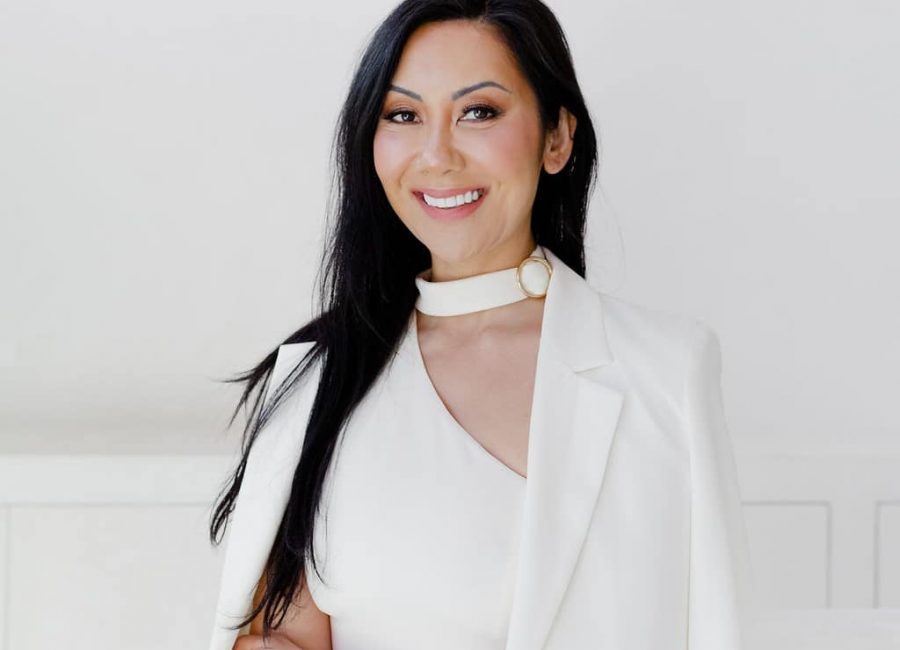More often than not, success today depends on hard work, but also investing in your own education long after finishing high school.
Unless you’re heading in the direction of a trade career, it’s generally assumed that you’ll head to university after secondary school. So that’s your higher school certificate plus an under-graduate degree sorted.
But then there’s graduate diplomas, masters degrees, PhD’s and professional certifications. So when do you stop? And what’s the best path to take to stand out from the crowd and earn the bigger bucks?
Of course every person and every industry is different, but generally speaking for any sort of ‘non-trade’ career, an under-graduate degree is the minimum expected, and this qualification will more than likely get you an entry-level or graduate role.
It’s a great achievement to graduate with your bachelor of arts, business, science etc.
Hundreds of thousands of people graduate every year and if you’re aiming more towards a management or executive role, you need to do more to stand-out and differentiate yourself.
You need to put in the hard yards at the office and also head back to school.
There are always exceptions to the rule, and you will still hear of someone who worked their way up through an organisation without qualifications, or a bright-spark who left school to form their own start-up, but again, they are the exceptions.
For those of you choosing an accounting, legal or medical career your post-graduate study will come in the form of ‘professional accreditation’ and is mandatory.
These qualifications are conducted by the various professional bodies in the chosen industries, usually take 1-2 years to complete – medical specialisations taking more – and roughly equate to a masters degree.
Is it expected that you will continue to work whilst undertaking this form of study.
For other careers, post-graduate qualifications up to masters level are available for most disciplines and can usually be commenced immediately after an under-graduate degree.
However, they are generally geared towards those who are currently or have recently been working in their chosen profession -psychology is one exception – as there are components that assume practical experience.
Post-graduate qualifications above the minimum required in your industry will always be highly regarded, but not at the expense of work experience.
An employer is far more likely to employ or promote a candidate with an under-graduate degree and two-years of work experience than a masters graduate with no experience.
So, if possible, graduate with your bachelor degree, gain valuable work experience in your chosen industry and consider topping-up your qualifications part-time.
Most universities or other training providers offer part-time, distance and online study options, so you will find a course that suits you.
















